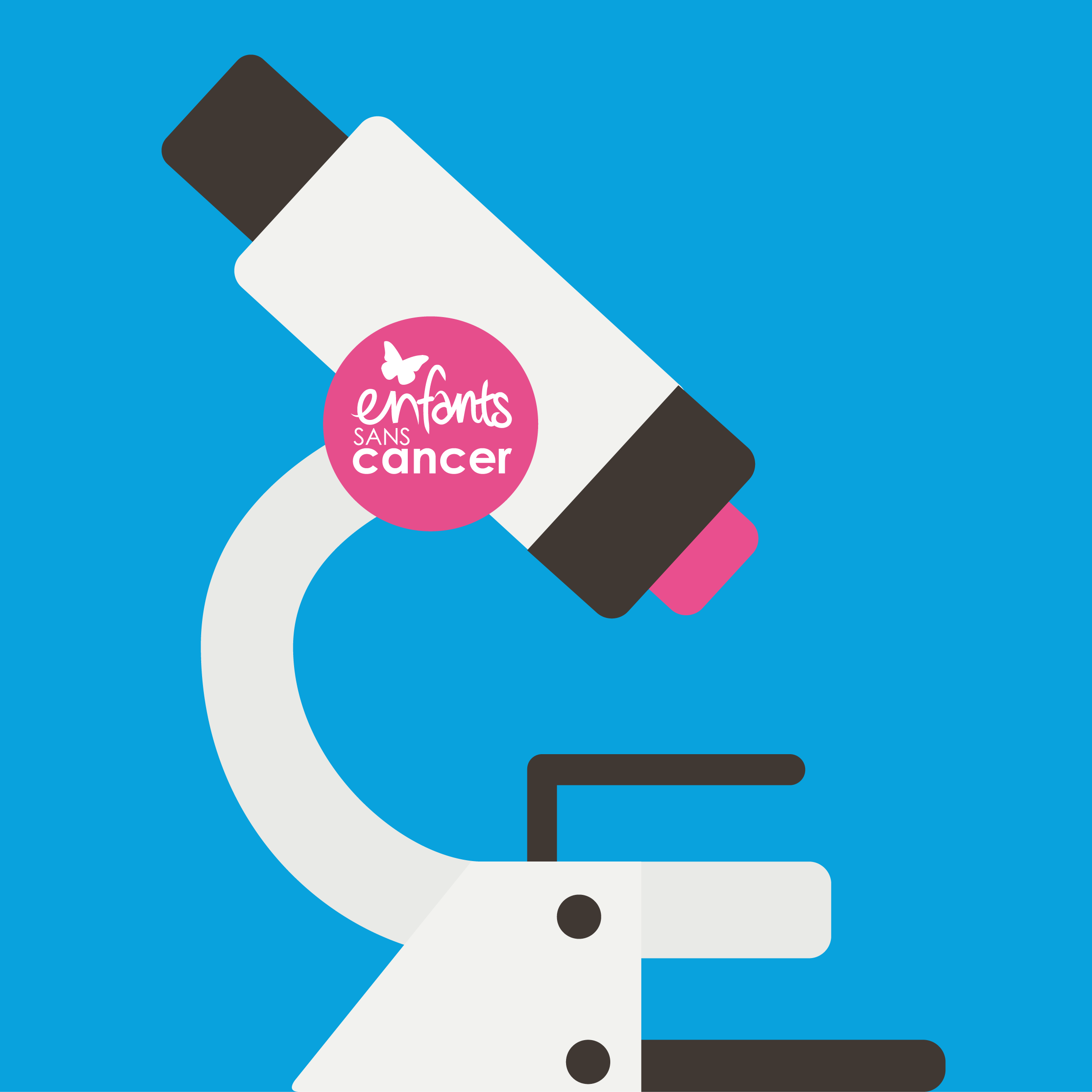 AGGREGATE AND ANALYZE DATA FROM SEVERAL EUROPEAN RESEARCH PROGRAMS TO BETTER UNDERSTAND CHILDREN’S CANCERS AND DEVELOP NEW TREATMENTS
AGGREGATE AND ANALYZE DATA FROM SEVERAL EUROPEAN RESEARCH PROGRAMS TO BETTER UNDERSTAND CHILDREN’S CANCERS AND DEVELOP NEW TREATMENTS
This program was co-funded by the Children without Cancer 2018 race.
Ambitious research programs on pediatric and adolescent cancers have emerged in France with the aim of including hundreds of patients to guide them towards precision molecular medicine. These translational programs rely initially on multidisciplinary approaches such as high-throughput genomic or transcriptomic sequencing and immunological analyses. These sequencing methods provide access to a comprehensive map of the tumor through biopsy, and through a blood sample, allow the study of circulating tumor DNA, enabling real-time monitoring of tumor evolution and adaptation of treatments as needed.
The goal of this ambitious program is to aggregate all genomic, immunological, and clinical data from several European research programs conducted within ITCC (including MAPPYACTS, MICCHADO, and those analyzed under the France Génomique 2025 program). With the assistance of bioinformaticians, the aim is to store, structure, and aggregate all the data, knowing that a molecular portrait of a child’s tumor represents 100 GB. Thanks to this, these data will be accessible to all researchers in the ITCC network.
Additionally, this project utilizes machine learning and artificial intelligence tools to generate new knowledge to better understand pediatric cancers and identify new therapeutic targets for the development of new drugs specific to childhood cancers.
Funding from Imagine for Margo is intended for structuring the data from the MAPPYACTS and MICCHADO programs.
Promoter: ITCC
Principal investigator: Professor Gilles Vassal & Dr. Gudrun Schleiermacher
Duration of the program: 2019 – 2024
Number of patients: 400 MAPPYACTS patients (as of December 31, 2018)
Objective of the ITCC program: 3,000 exomes available in 2020
Imagine for Margo funding: € 420,000
* ITCC – Innovative Therapies for Children with Cancer – European consortium of 56 pediatric oncology and hematology departments and 22 research laboratories in 12 European countries and Israel.
Doctor Olivier Delattre, Director of the SIREDO pediatric cancer center at Institut Curie tells us about the program:

